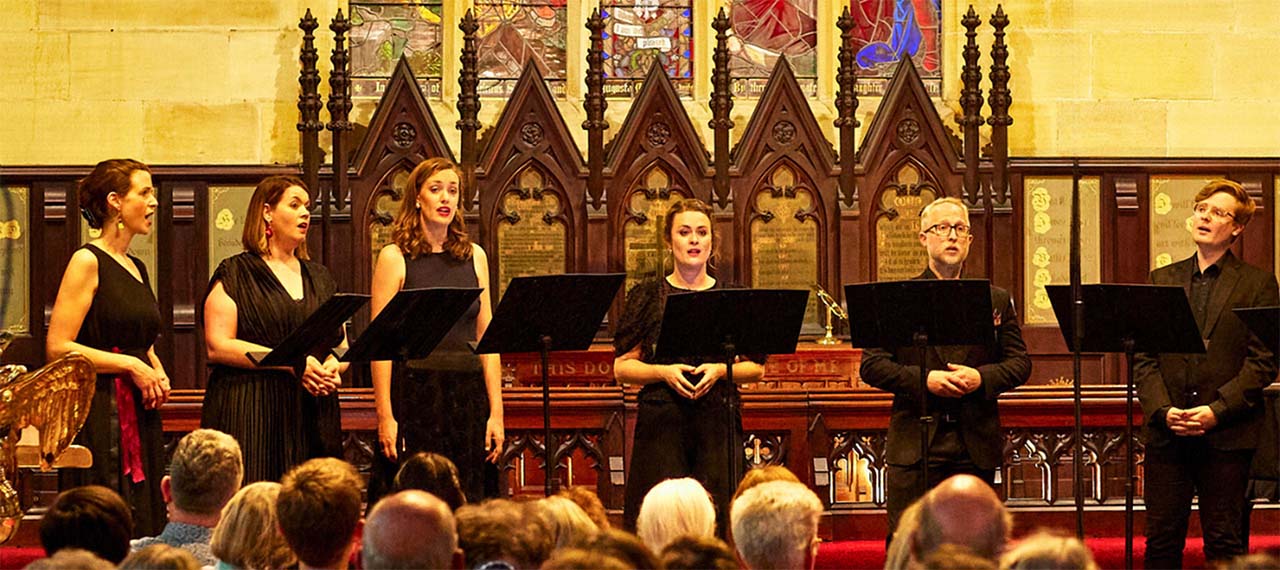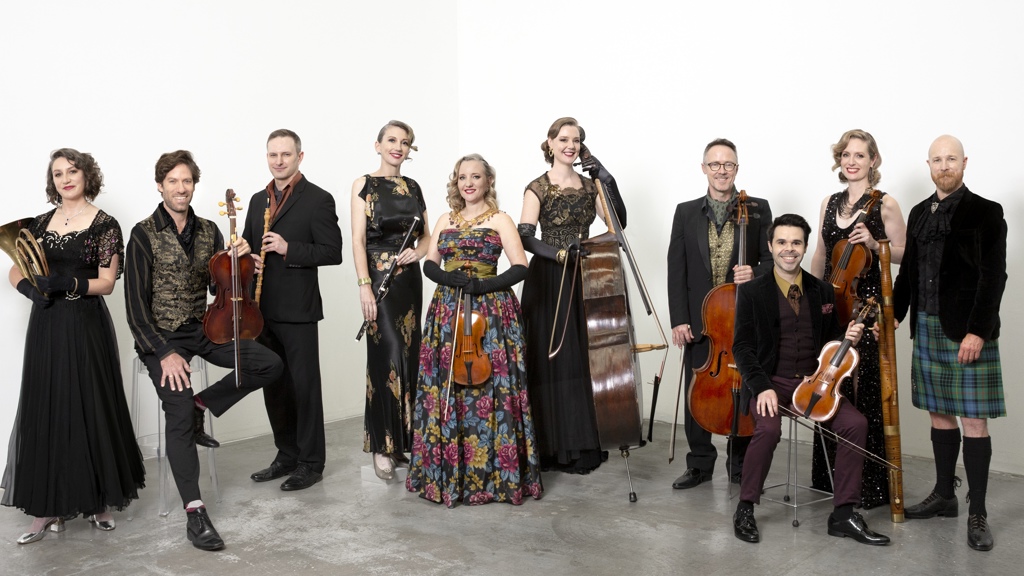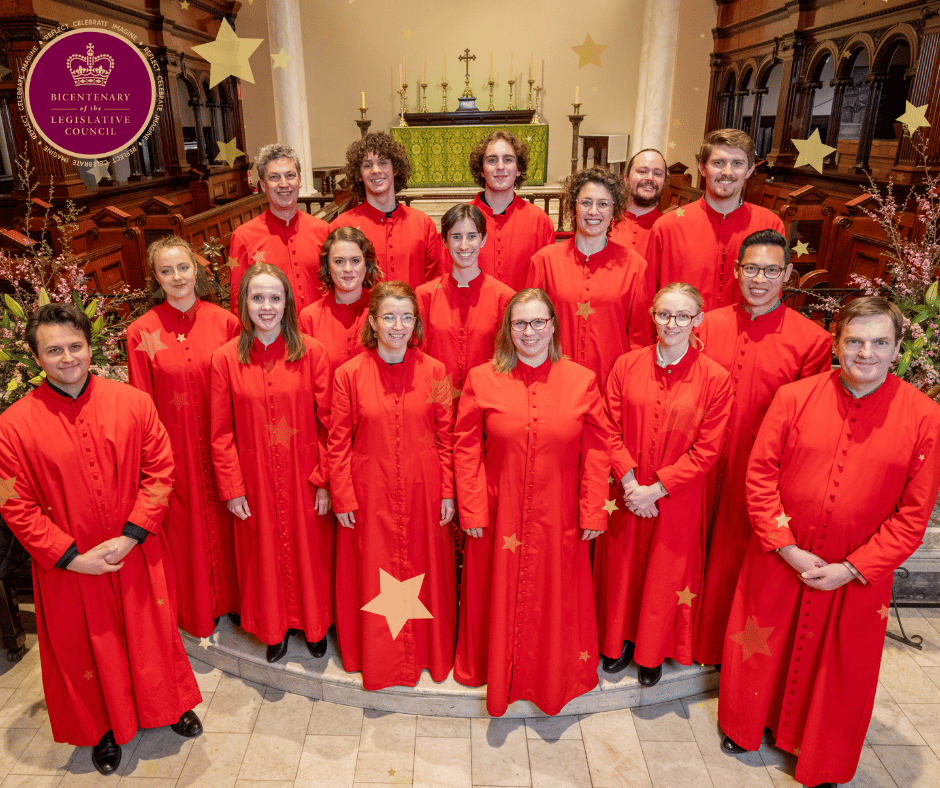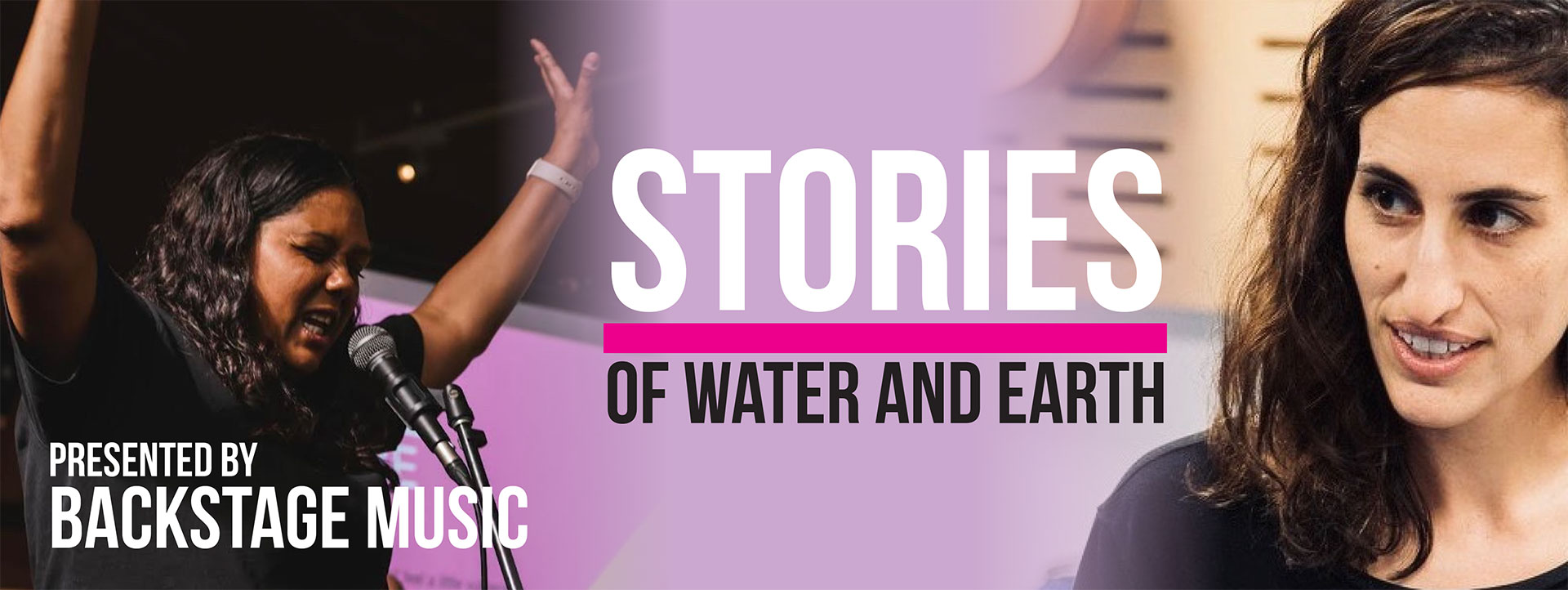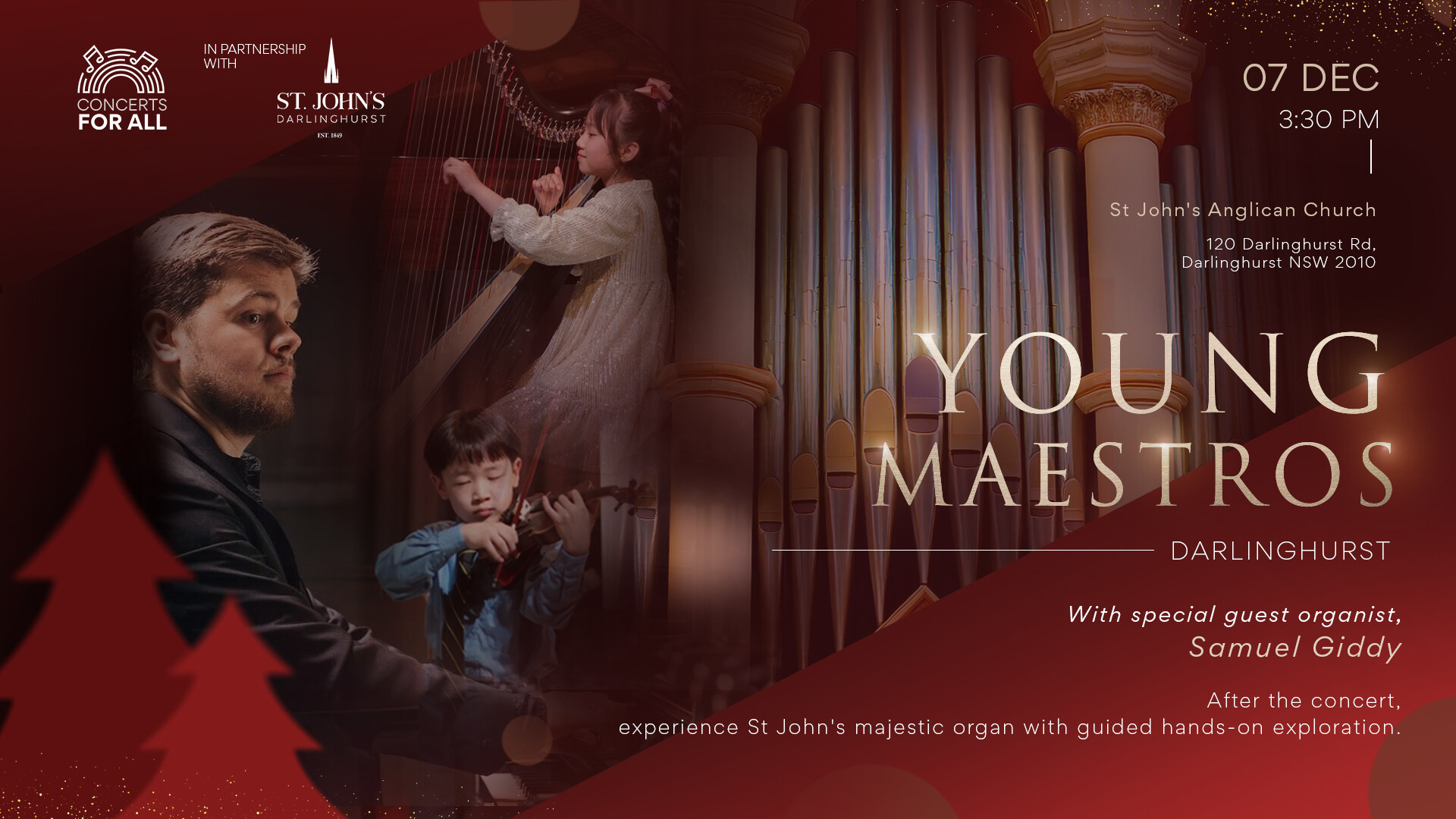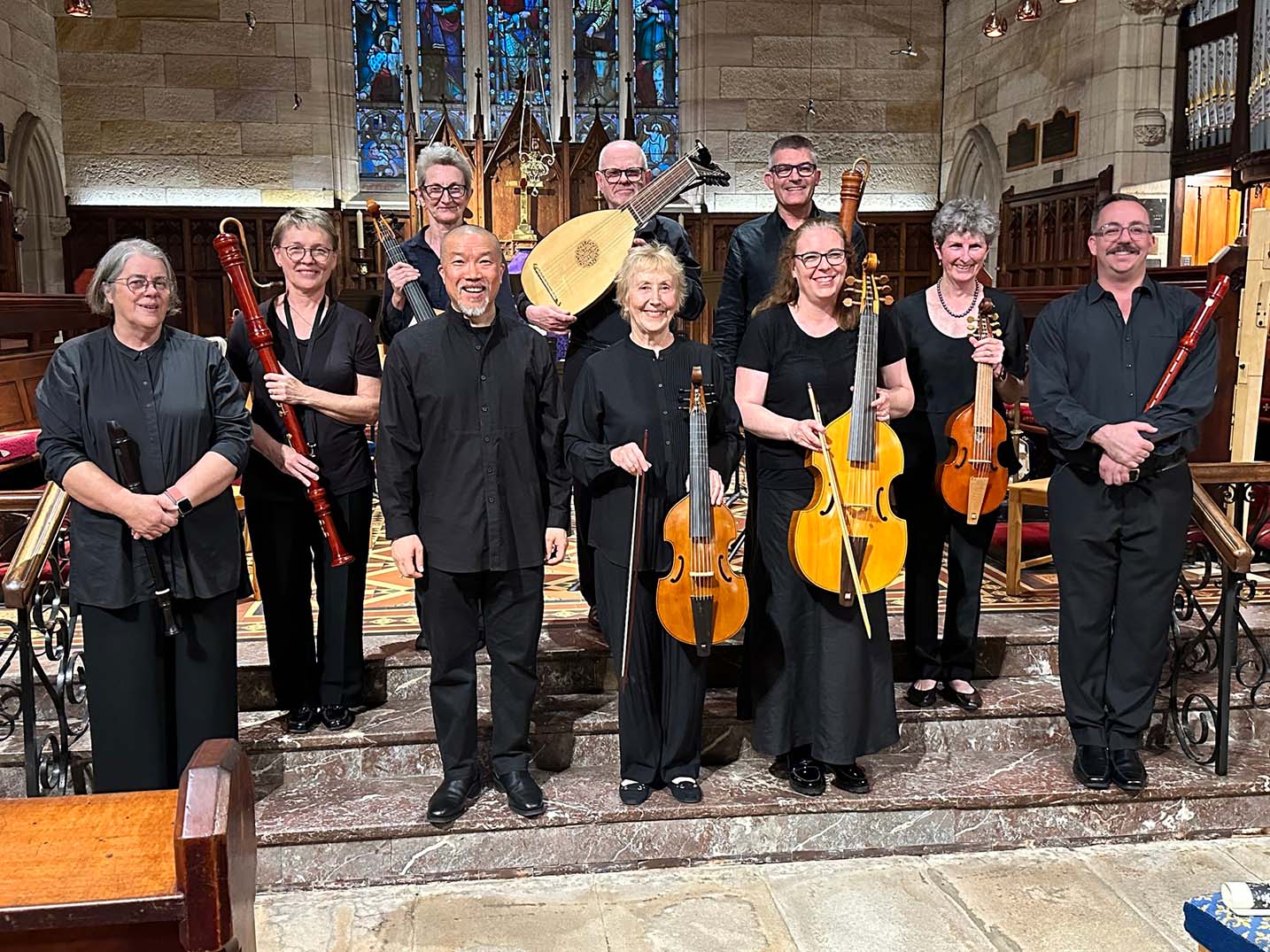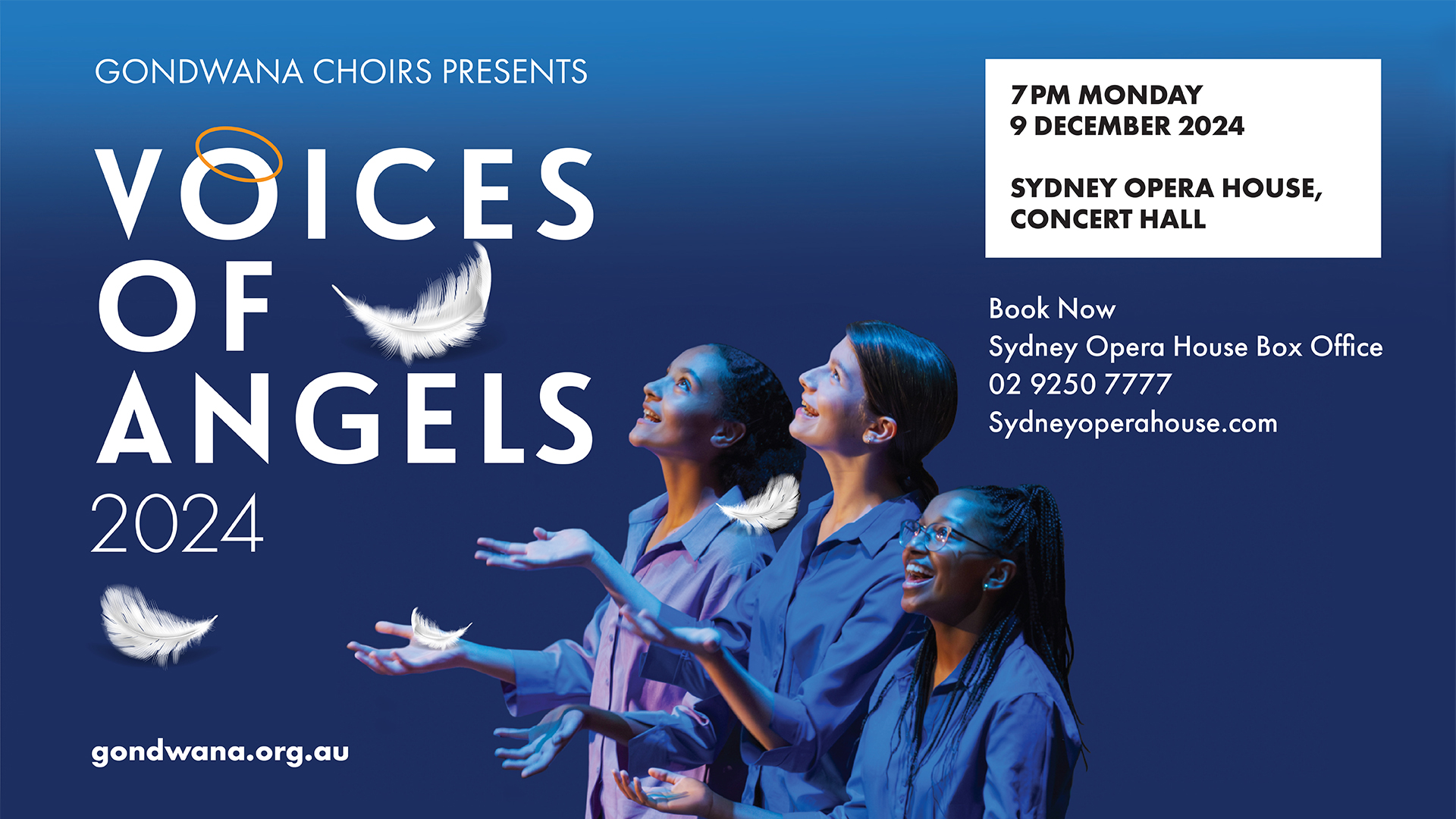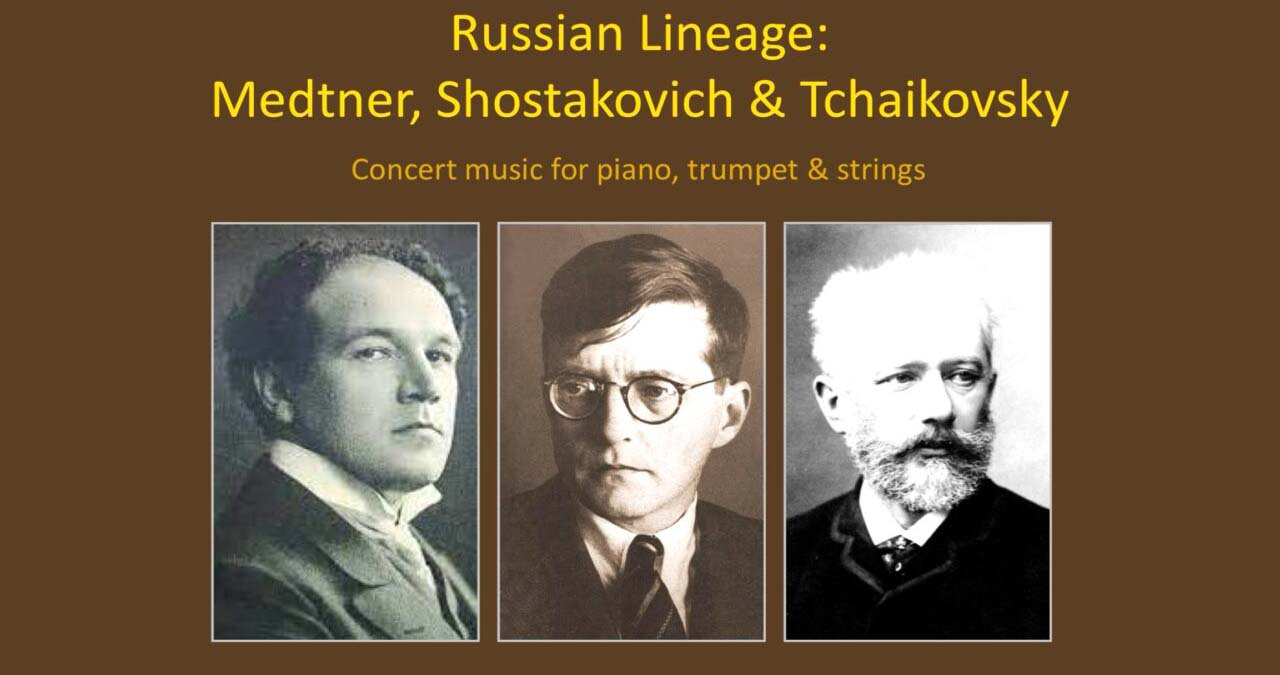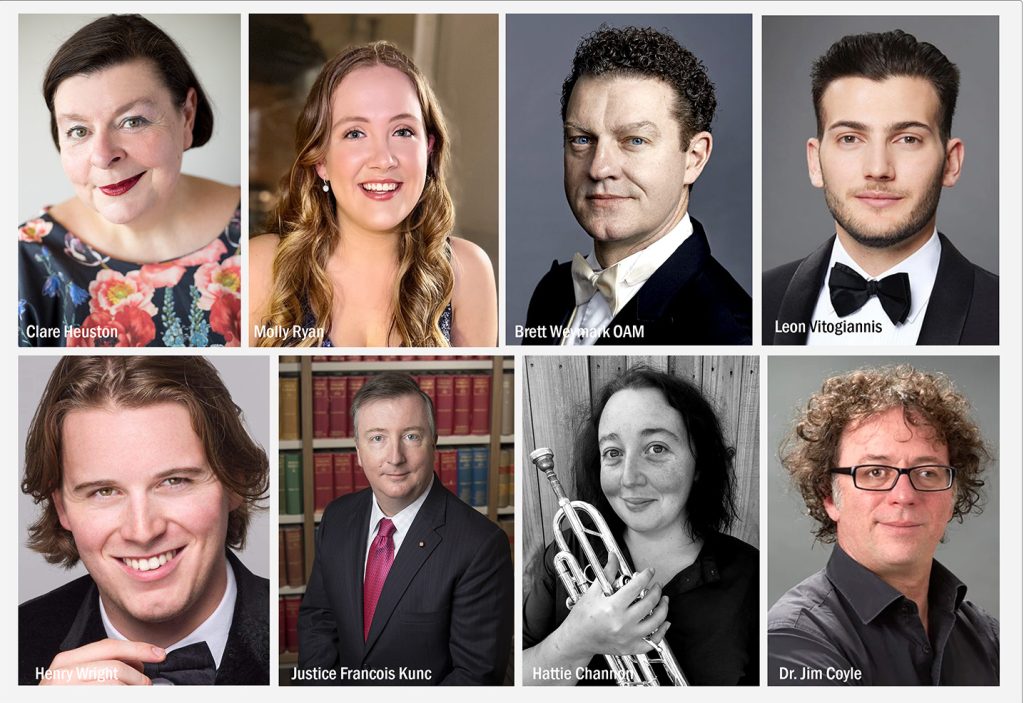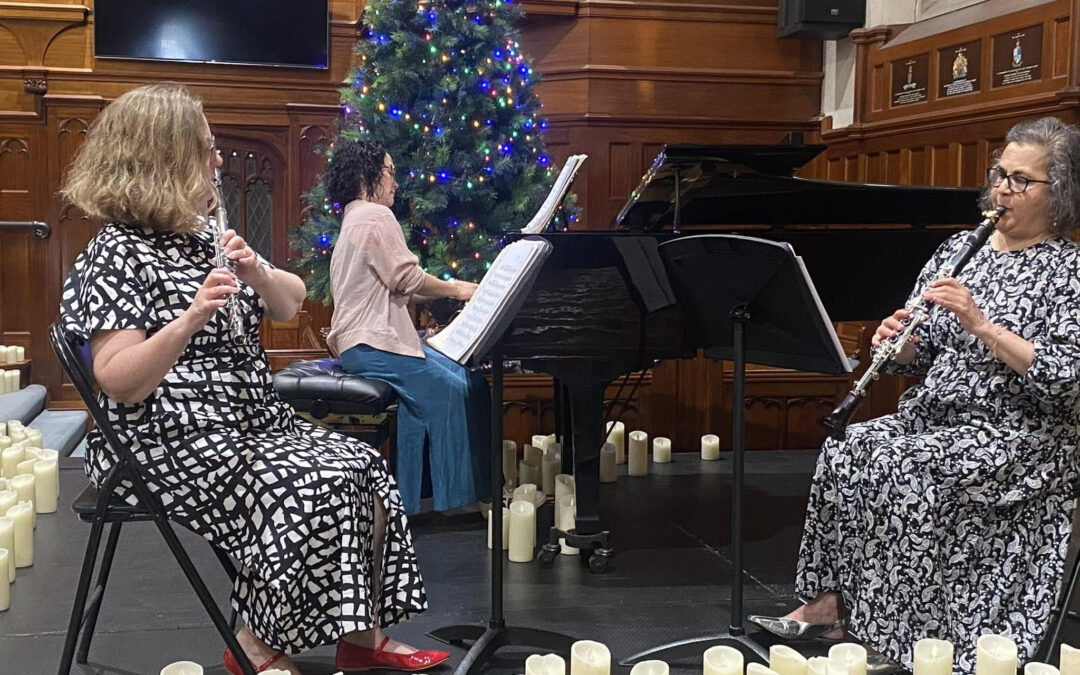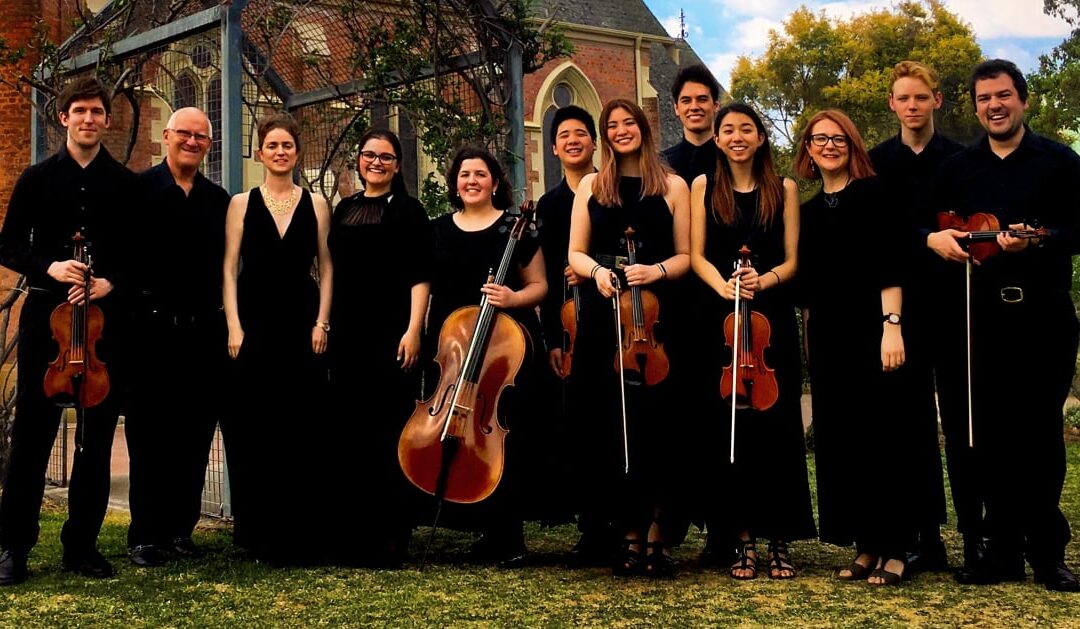Melbourne Digital Concert Hall
May 26, 2021
On an appropriately dark and wintery night, Melbourne Opera partnered with Melbourne Digital Concert Hall to present a livestream of Giuseppe Verdi’s Macbeth at Her Majesty’s Theatre.
This particular piece has a chequered history. The first version of the opera was written when Verdi was only thirty-three years old, premiering in 1947. The composer collaborated with two librettists in adapting Shakespeare’s work, anxious for the text to retain its power and urgency. Almost twenty years later, he made a number of alterations when the opera was mounted in Paris. This original production, directed by Bruce Beresford, is predominantly made up of the first version.
William Shakespeare’s Macbeth has to be one of the most atmospheric and fantastically creepy pieces of theatre ever written – all the more terrifying for the fact the violent acts mostly take place off-stage. So how do you sustain that level of tension on the operatic stage, where the action is frequently pausing for an aria or two?
The answer: with difficulty. Macbeth is the kind of source text where pacing is integral, and this libretto chops the story into uneven chunks. It should also be noted that in 1847 Verdi was writing luscious, beautiful music first and foremost, and building drama and suspense second.
Musically, the cast easily rose to the challenge.
Helena Dix supplied a powerful and deftly controlled soprano throughout and revelled in the eeriness of Lady Macbeth’s sleepwalking aria. Simon Meadows gave a solid, stoic turn as Macbeth, and in role of Banquo, Adrian Tamburini’s rich, resonant bass was a scene-stealer. The orchestra handled Verdi’s colossal score with skill and dexterity under the guidance of Raymond Lawrence.
While I am familiar with the concept of suspended disbelief, particularly in the larger-than-life art form of opera, there are moments in Macbeth where Verdi’s musical decisions actively undermine the horror of the events taking place on stage. A sizeable coven of witches could have been an unsettling sight, if they weren’t given such jaunty music to work with. At one point, a thirty-strong band of mercenaries assemble in the centre of the stage – one half of the group loudly asks the other what they are there to do, and they answer back in thundering chorus that they are there to murder Banquo and his young son. Despite this strength in numbers, little Fleance still manages to escape!
A no-frills but remarkably effective piece of staging took place during Macbeth’s banquet, after he has had Banquo killed. Tamburini appeared on stage in blood-stained clothes, lit by a harsh white spotlight – not approaching or gesticulating, but simply gazing at Macbeth.
Under difficult and uncertain circumstances, Melbourne Opera is determined to bring large-scale opera productions to the Victorian public. This is a worthwhile and commendable goal.
 Thanks to Guest Reviewer: Stella Joseph-Jarecki
Thanks to Guest Reviewer: Stella Joseph-Jarecki
Stella Joseph-Jarecki is a writer and classically-trained soprano who is slightly fanatical about writing about music. She would love to work to break down the intimidating cloud which can hover above the world of classical music and opera for many young people. In 2018 she completed her Honours thesis on film scores of 1940s Hollywood films, focusing on the work of Erich Wolfgang Korngold, and is particularly interested in researching the relationship between music and drama. In October of 2019, Stella established Fever Pitch Magazine, an online newsletter for young musicians, music therapists, educators, composers and arts administrators.
https://feverpitchmagazine.com

